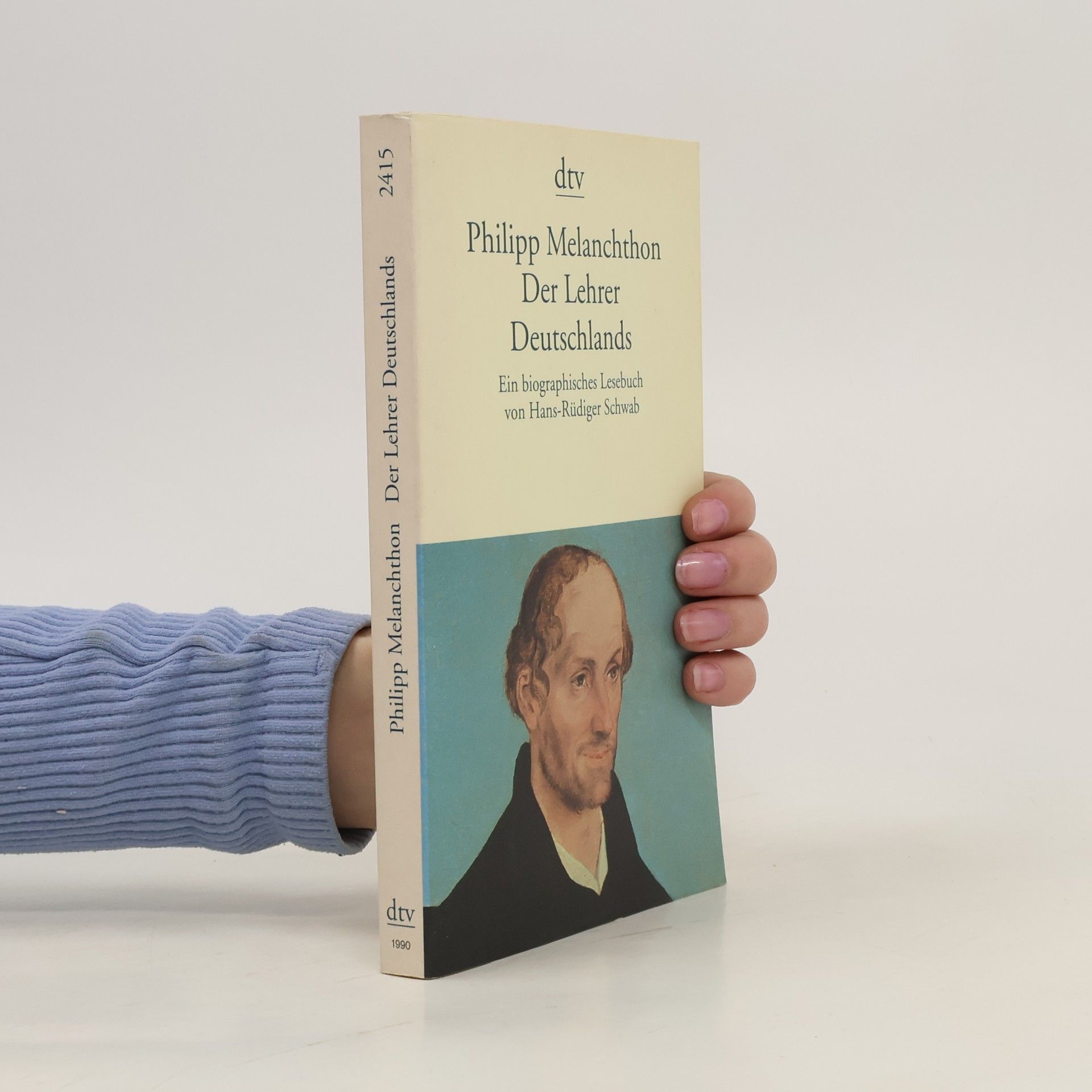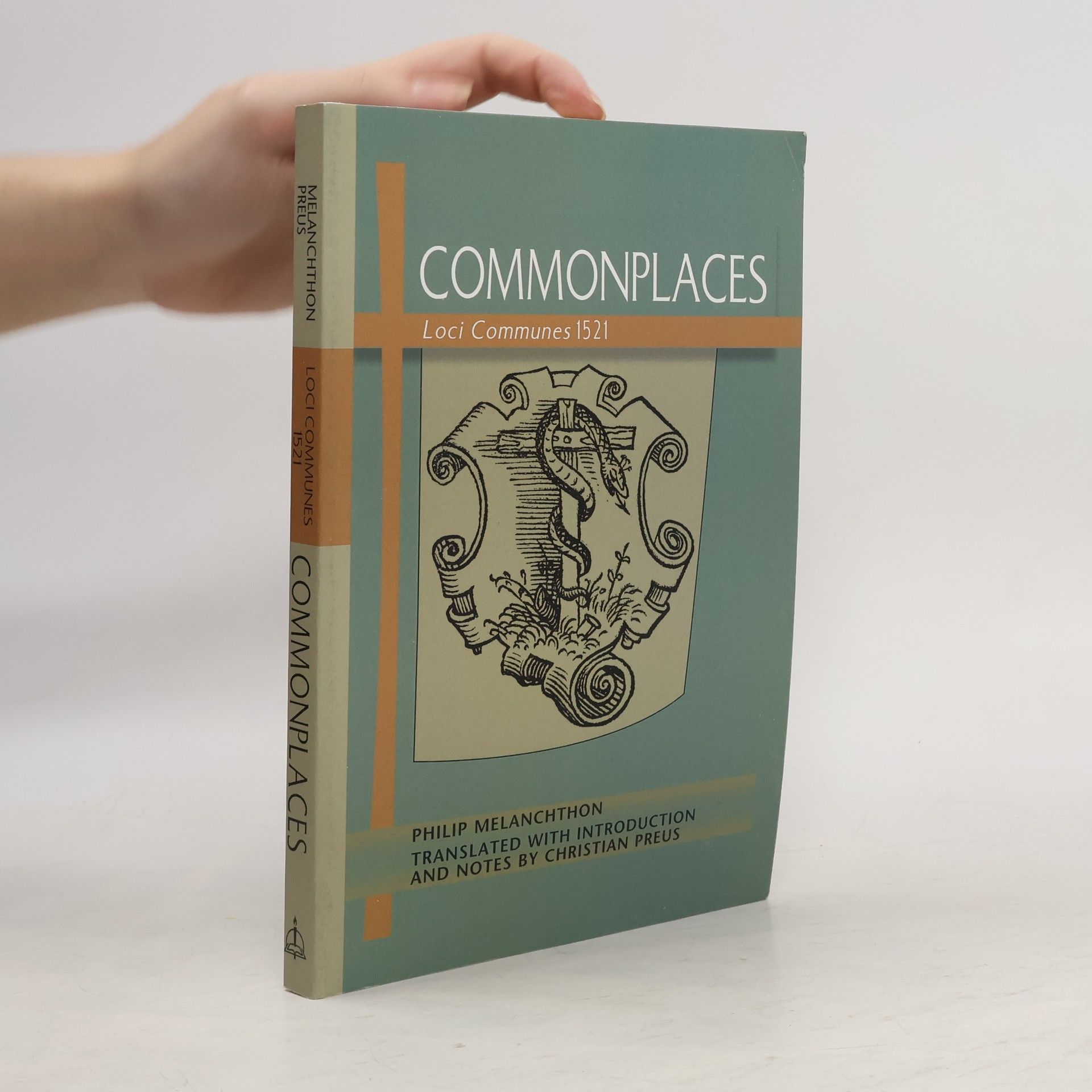This is, arguably, Philip Melanchthon's most important work. Laity, teachers, pastors, professors, and anyone interested in the history of the Lutheran Reformation will find that this book, the first Lutheran work of systematic theology is present in a very lively, accessible English translation, with extensive, helpful footnotes that explain the people and concepts used by Melanchthon to explain the Gospel.
Philipp Melanchthon Knihy
Filip Melanchton byl klíčovou postavou protestantské reformace, který vedle Martina Luthera definoval teologii a vzdělávací systémy luteránství. Jeho práce se vyznačovala systematickým teologickým přístupem a důrazem na rozdíl mezi zákonem a evangeliem, přičemž evangelium chápal jako svobodný dar milosti skrze víru. Melanchtonův vliv na formování protestantismu je srovnatelný s Lutherem a Kalvínem, což z něj činí jednoho ze zakladatelů luteránství. Jeho myšlení se soustředilo na ospravedlnění vírou a odmítnutí nátlaku na svědomí v oblasti zpovědi.






Philipp Melanchthon, der Lehrer Deutschlands
- 282 stránek
- 10 hodin čtení
"Man weiß so wenig über ihn"
- 140 stránek
- 5 hodin čtení
Der biographische Index zu Melanchthons Briefwechsel bietet umfassende biographische Informationen, die das Verständnis des Briefwechsels fördern. Er enthält Verwandtschaftsverhältnisse und kurze Charakterisierungen weniger bekannter Personen, während bekannte Persönlichkeiten nur mit wesentlichen Lebensdaten aufgeführt werden.
Der biographische Index zu Melanchthons Briefwechsel bietet umfassende biographische Informationen, die das Verständnis des Briefwechsels fördern. Er enthält Verwandtschaftsverhältnisse und kurze Charakterisierungen weniger bekannter Personen, während bekannte Persönlichkeiten nur mit wesentlichen Lebensdaten aufgeführt werden.
